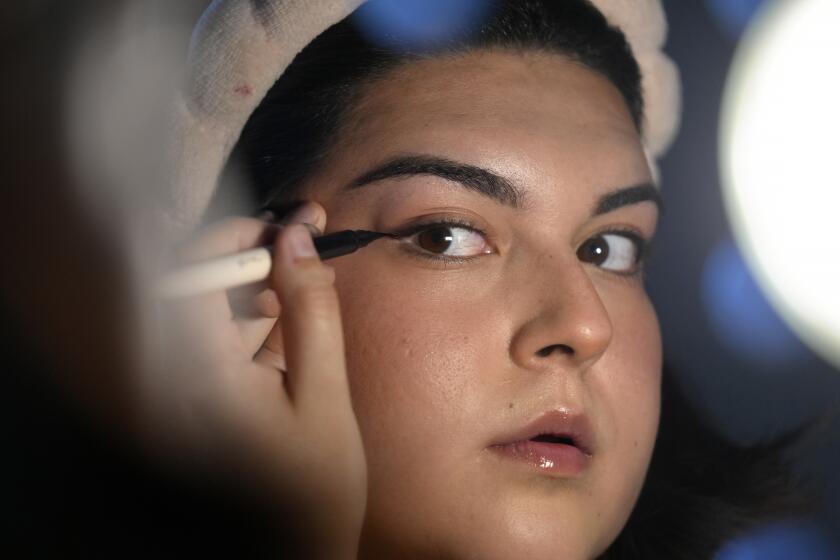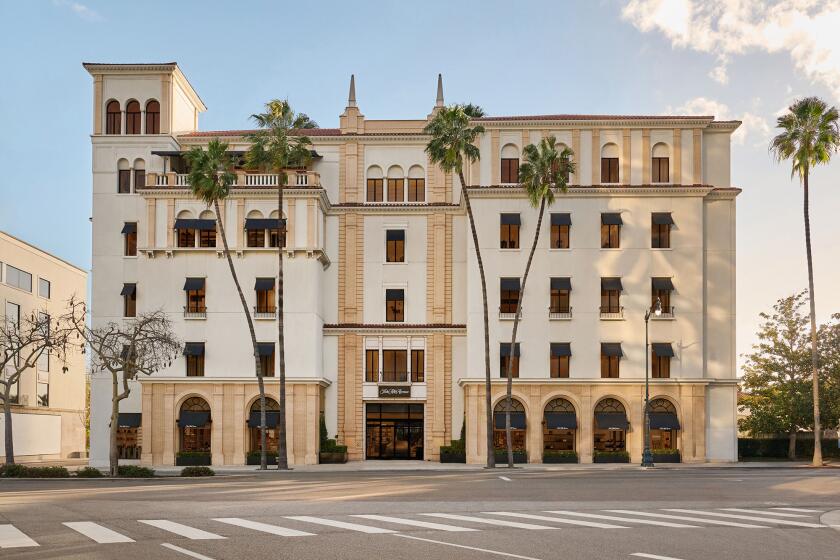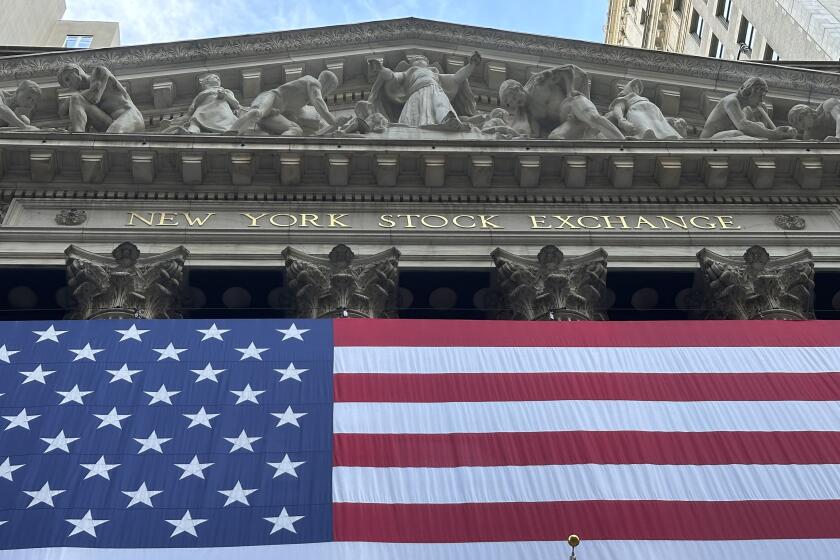SOUTHERN CALIFORNIA SPOTLIGHT : Mail Order Company Is Toddling Into Retail : With catalogue sales under pressure, Right Start is focusing on its growing chain of baby-products stores.
The Right Start Inc. took a wrong turn a couple of years ago.
The baby products mail-order company bought another catalogue, Children’s Wear Digest, in hope of capturing apparel sales for older kids when they outgrew the namesake The Right Start Catalog, which sells products aimed only at infants and toddlers.
Like an earlier stab at expanding its mail-order customer base, this one didn’t work. “They just didn’t find a lot of transference of customers” between catalogues, said analyst Ted Goins at Branch, Cabell & Co. in Richmond, Va.
At the same time, the flagship Right Start catalogue has been under pressure from industrywide problems, including soaring paper costs and growing competition--”catalogue clutter” as it’s known in the mail-order business. Right Start was once a unique concept in mail order with its specialty baby products such as strollers, diaper bags and safety equipment aimed at upscale parents, but it now has rivals such as One Step Ahead in Chicago. A boost in postal rates this year hasn’t helped either.
What to do? Like other catalogue companies before it, such as Williams-Sonoma and Eddie Bauer, Right Start is detouring into retail stores.
In January, Right Start completed the sale of Children’s Wear Digest and took a hit from a onetime charge on the sale that resulted in a $1.44-million loss for the fiscal second quarter ended Nov. 23. But the sale also generated $2.5 million in cash to help Right Start finance its retail store expansion. The company opened eight stores near the end of 1994, bringing the total to 11, and hopes to add another eight this year.
Children’s Wear Digest “was not an abject failure,” said Right Start President Stan Fridstein, who co-founded the company in 1985 with Chief Executive Lenny Targon. “It was an OK return, but the return on the retail stores was extraordinary.”
Until recently, Right Start was consistently profitable, but for now analysts expect the catalogue business to be a drag on the company’s earnings. For the fiscal year ending in May, projections range from Right Start breaking even to a small loss on expected sales of $45 million to $50 million.
That compares to a fiscal 1994 profit of $176,000 on sales of $56 million. Analyst William Gibson at Cruttenden & Co. in Irvine expects fiscal 1996 earnings to bounce back to $975,000 on $57 million in sales, but he said that estimate is “a little slippery” because it assumes the company will keep catalogue costs in line.
While retail stores account for only 20% of Right Start’s sales now, Fridstein said that could rise to 50% in three years.
Nonetheless, Fridstein said his company will “absolutely not” abandon the mail-order trade and figures the catalogue and retail businesses will complement each other. He believes the stores will bring in new customers who aren’t on the company’s mailing list, such as grandparents and friends of new parents. Also, he said, “many people just don’t shop by catalogue. They need to touch and feel.”
Analysts are also upbeat on Right Start’s retail expansion. “I think it’s a crack strategy,” Gibson said. “All the early indications are positive on the retail side.”
The first Right Start store opened three years ago next to the company headquarters in Westlake Village, selling a selection of the same products found in the catalogue. That shop proved so successful that the company opened stores the following two years in Laguna Hills and Pleasanton.
The eight stores opened late last year are all in upscale malls, where the company thinks they will benefit from foot traffic of relatively affluent shoppers. Right Start stores are now in malls in Santa Anita, San Jose and San Mateo. There are two Right Start shops in the Boston area, two in Atlanta and one in the giant Mall of America in Minneapolis.
Right Start shoppers tend to be well-educated, BMW-driving, double-income parents, most of whom delayed having children until around age 30. “They are people who perceive an extension of their own self-image in the products they buy for their children--people more likely to shop at Baby Gap . . . than Kids R Us,” said Fridstein.







